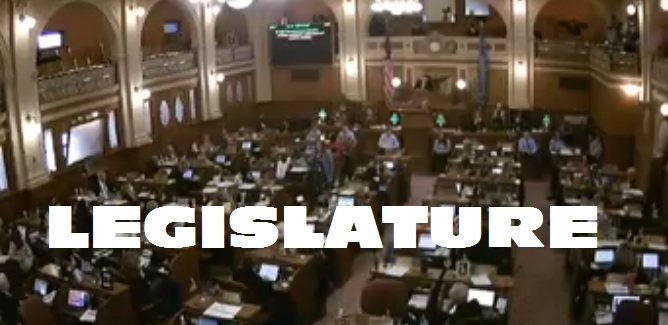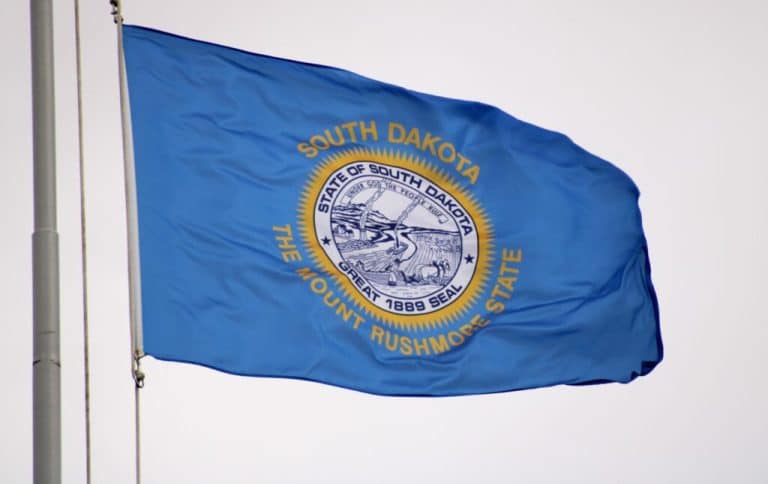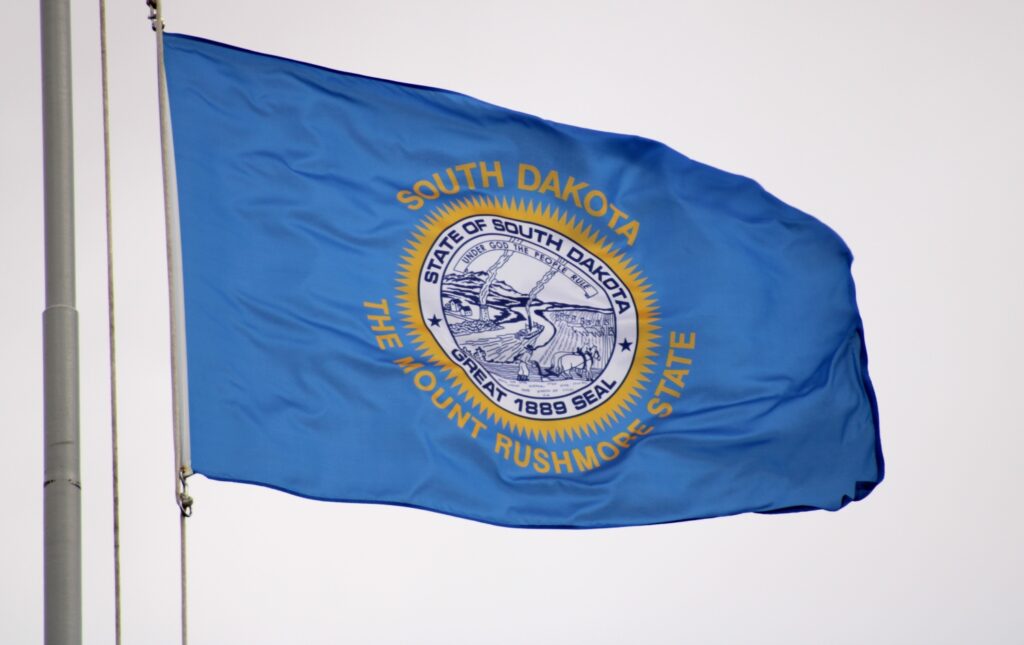PIERRE, S.D. – South Dakota Gov. Kristi Noem has signed a bill to allow signers of ballot initiative petitions to revoke their signatures — a move opponents decry as a jab at direct democracy and a proposed abortion rights initiative, which would enable voters to protect abortion rights in the state constitution.
The Republican governor signed the bill on Friday. The Republican-led Legislature overwhelmingly passed the bill brought by Republican Rep. Jon Hansen, who leads a group seeking to defeat the proposed initiative. Hansen said he brought the bill to counter misleading or fraudulent initiative tactics, alleging “multiple violations of our laws regarding circulation.”
“Inducing somebody into signing a petition through misleading information or fraud, that’s not democracy. That’s fraud,” Hansen said in an interview last month. “This upholds the ideal of democracy, and that is people deciding, one or the other, based on the truth of the matter.”
Republican lawmakers have grumbled about South Dakota’s initiative process, including Medicaid expansion, which voters approved in 2022.
Democrats tabbed Hansen’s bill as “changing the rules in the middle of the game,” and called it open to potential abuse, with sufficient laws already on the books to ensure initiatives are run properly.
Opponents also decry the bill’s emergency clause, giving it effect upon Noem’s signature, denying the opportunity for a referendum. Rick Weiland, who leads the abortion rights initiative, called the bill “another attack on direct democracy.”
“It’s pretty obvious that our legislature doesn’t respect the will of the voters or this long-held tradition of being able to petition our state government and refer laws that voters don’t like, pass laws that the Legislature refuses to move forward on, and amend our state constitution,” Weiland said.
South Dakota outlaws all abortions but to save the life of the mother.
The bill is “another desperate attempt to throw another hurdle, another roadblock” in the initiative’s path, Weiland said. Initiative opponents have sought to “convince people that they signed something that they didn’t understand,” he said.
If voters approve the proposed initiative, the state would be banned from regulating abortion in the first trimester. Regulations for the second trimester would be allowed “only in ways that are reasonably related to the physical health of the pregnant woman.”
Dakotans for Health has until May 7 to submit about 35,000 valid signatures to make the November ballot. Weiland said they have more than 50,000 signatures, 44,000 of them “internally validated.”
It’s unclear how the new law might affect the initiative. Weiland said he isn’t expecting mass revocations, but will see how the law is implemented.
The law requires signature withdrawal notifications be notarized and delivered by hand or registered mail to the secretary of state’s office before the petition is filed and certified.













